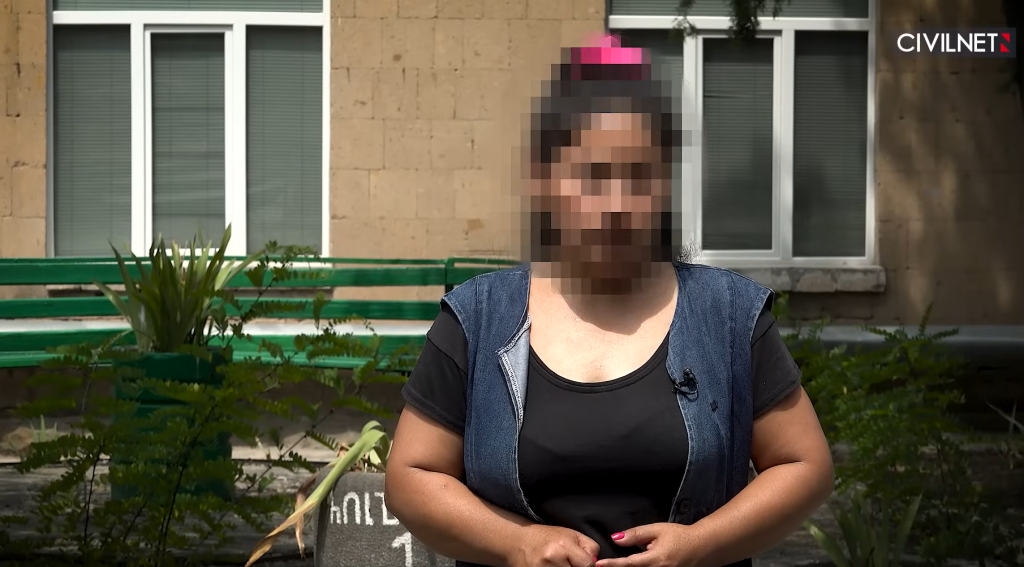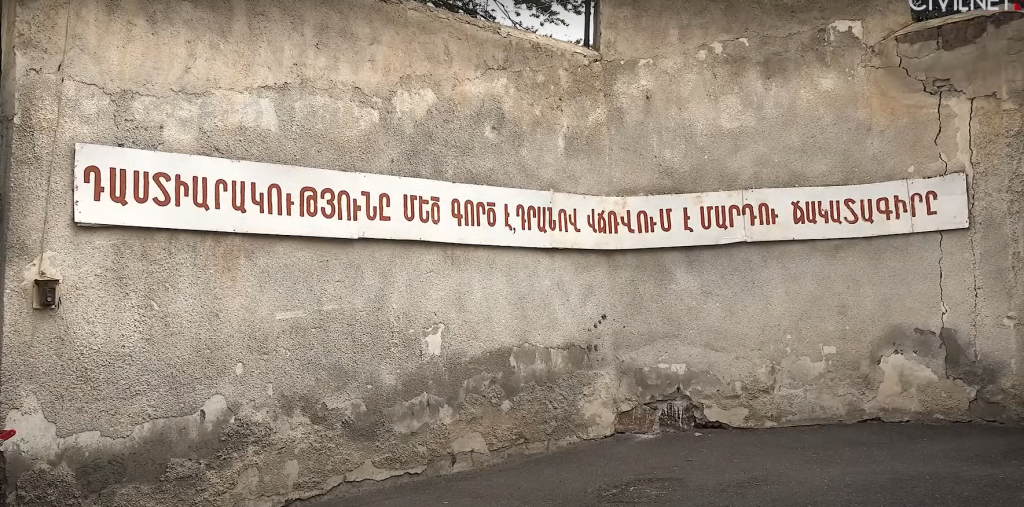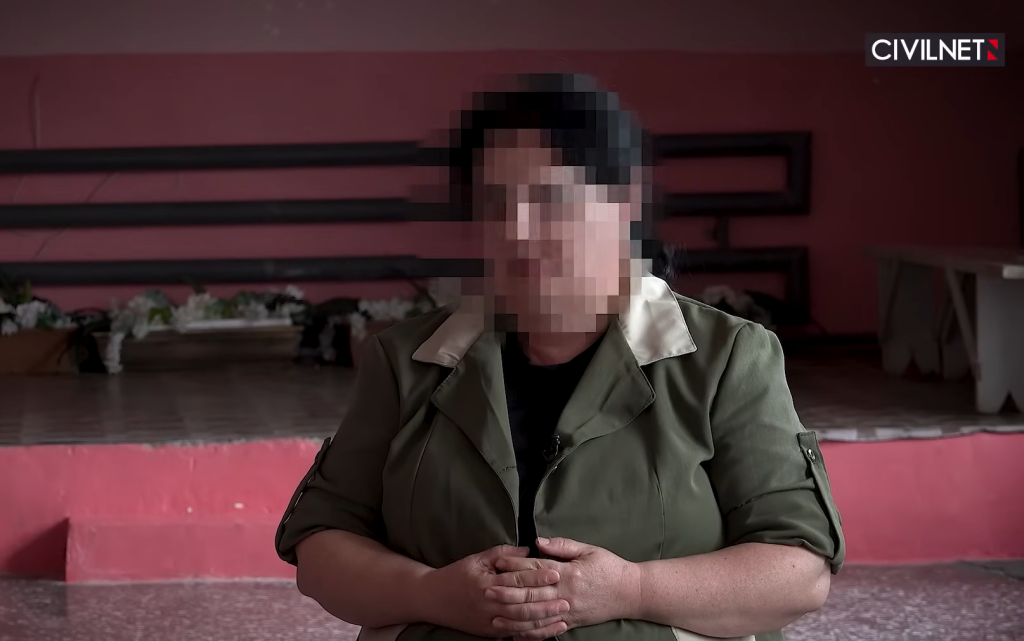By Gevorg Tosunyan
In a corner of Armenia’s Abovyan Penitentiary, a Peruvian woman practices her Armenian vocabulary. Maria, sentenced to 15 years for drug trafficking in 2015, has made this unlikely place her temporary home. Her story is just one of many that echo through the Soviet-era corridors of Armenia’s primary women’s correctional facility.
“I came as a tourist,” Maria explains, her voice carrying a mix of resignation and hope. “There were drugs in my bag. I brought them without knowing.” She pauses, then adds firmly, “I always try to be good.”
Despite being thousands of miles from Peru, Maria maintains daily contact with her family – her children and parents who await her return. Like other inmates, she gets twenty minutes each day for phone calls and monthly video communications. Time here moves slowly, but Maria keeps busy with handicrafts and painting. She has earned commendation certificates for her peaceful behavior.

Life Behind the Gates
The Abovyan Penitentiary, currently housing 27 convicts and 45 detainees, is a semi-open facility where women can walk in the garden and engage in various activities. Yet, as one inmate puts it, “our eyes are beyond these bars.”
Narine, five years into her sentence for embezzlement, works in the prison kitchen and spends her free time in the gym.
“Freedom is one of the most important human values. Well, I slipped up, came here with that label, but I regret it very much,” says Narine, who has eighteen months left to serve.
While the women appreciate the relative freedom within the facility, they point out areas needing improvement. “I wouldn’t say the medical care is good,” Narine notes.

A Mother’s Pain
Perhaps the most poignant story comes from Anush, who entered these walls at 45 and will soon turn 55.
“We’ve grown old here,” she says, her words heavy with a decade of memories. Through phone calls and occasional visits, she has watched her children mature and marry from afar. But nothing prepared her for the autumn of 2020, when her son was wounded in the Karabakh War while she remained behind bars.
“This is indescribable for any parent,” she says, her voice trembling. While she declines to discuss her charges, which she maintains she doesn’t accept, Anush is already planning to share her story through a book or film upon release.

Looking Forward
Change is coming to Abovyan. The facility is undergoing renovations, with plans for new psychological support rooms and improved video communication areas. The dormitories, classrooms, gym, library, and craft rooms have already been upgraded.
Educational slogans still adorn every corner, a remnant of the facility’s Soviet past. From the newly renovated gym, inmates can see a painted spaceship in flight – perhaps a symbol of hope for these women dreaming of freedom.
The post Stories of hope and regret from a women’s prison in Armenia appeared first on CIVILNET.